US anti-Iran sanctions detrimental to global economy, Europe: Raeisi tells Macron
Iran's President Ebrahim Raeisi says the sanctions imposed by the United States on the Islamic Republic following Washington's unilateral withdrawal from the 2015 Iran nuclear deal have been detrimental to global economy, particularly Europe.
In a 120-minute phone call with his French counterpart Emmanuel Macron on Saturday, Raeisi added that despite the US sanctions, Iran has managed to achieve spectacular growth in its political and economic cooperation with various countries across the world.
He condemned the non-constructive measures and positions of the United States and European countries against Iran and said, "Issuing a resolution in the [International] Atomic Energy Agency was a crisis-stirring move aimed at creating pressure against the Iranian nation, which undermined political trust."
He underlined the need for Iran to be able to reap the economic benefits of the nuclear agreement, officially known as the Joint Comprehensive Plan of Action (JCPOA), through a potential revival of the multilateral accord, which the US abandoned unilaterally three years after its conclusion.
"The Islamic Republic of Iran believes that reaching an agreement [on the JCPOA revival] hinges on the full resolution of safeguard issues and the provision of necessary guarantees, including continued adherence of the parties to the agreement and fulfillment of the economic interests of the Iranian nation," the Iranian chief executive pointed out.
The IAEA's Board of Governors adopted the resolution on June 8, accusing Iran of not cooperating with the agency. The resolution was approved with 30 votes in favor, two against, and three abstentions.
It came as Iran and the five remaining parties to the JCPOA had held several rounds of negotiations in the Austrian capital of Vienna since April last year to restore the agreement, which was abandoned by former US President Donald Trump in May 2018.
In quitting the agreement, Trump restored sanctions on Iran as part of what he called the “maximum pressure” campaign against the country. Those sanctions are being enforced to this day by the Joe Biden administration, even though it has repeatedly acknowledged that the policy has been a mistake and a failure.
Meanwhile, Iran and the US concluded two days of indirect talks, mediated by the European Union, in the Qatari capital of Doha, late in July in an attempt to break the stalemate in reviving the JCPOA.
‘Absent Iran's anti-terror campaign, Daesh would have captured Europe’
The Iranian president also told his French counterpart that the Daesh terrorist group would declare a "caliphate" in Europe today if it were not for the Islamic Republic's role to promote security in the region, particularly its fight against terrorism and support for territorial integrity and national sovereignty of countries.
Raeisi added that regional issues should be settled by nations and governments in the region, emphasizing that "foreign intervention runs counter to security and stability."
France to continue active role until final deal reached: Macron
The French president, for his part, said his country would continue its role in the process of reaching a conclusion in the JCPOA revival negotiations.
Macron added that Iran plays a leading role in bringing political processes to fruition in the region.
He expressed his country's support for Iran's stance against military operations by some countries in the region against Syria.
The Iranian and French presidents also discussed ways to strengthen bilateral cooperation as well as regional and international developments and major global challenges, including food and energy security.
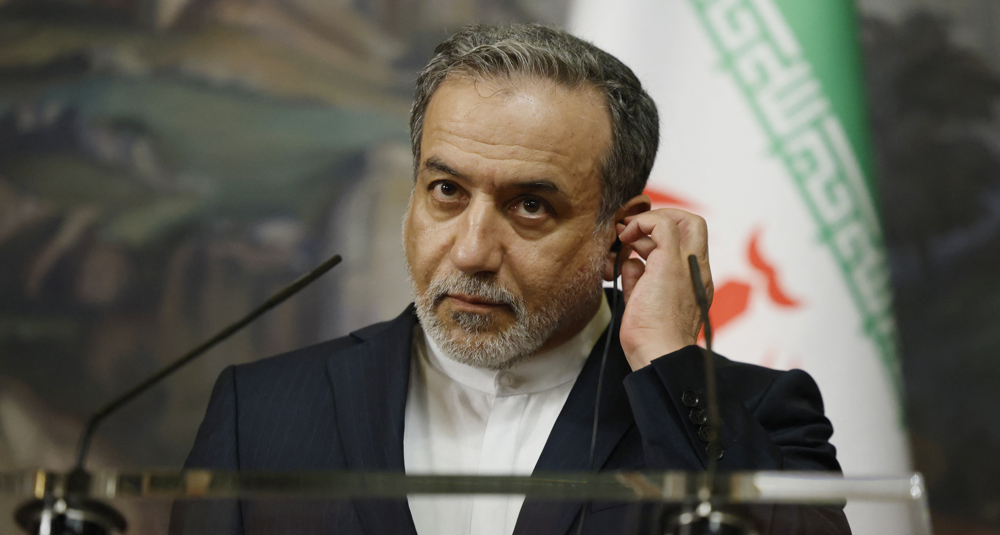
Araghchi holds talks with counterparts as more countries support indirect Iran-US talks
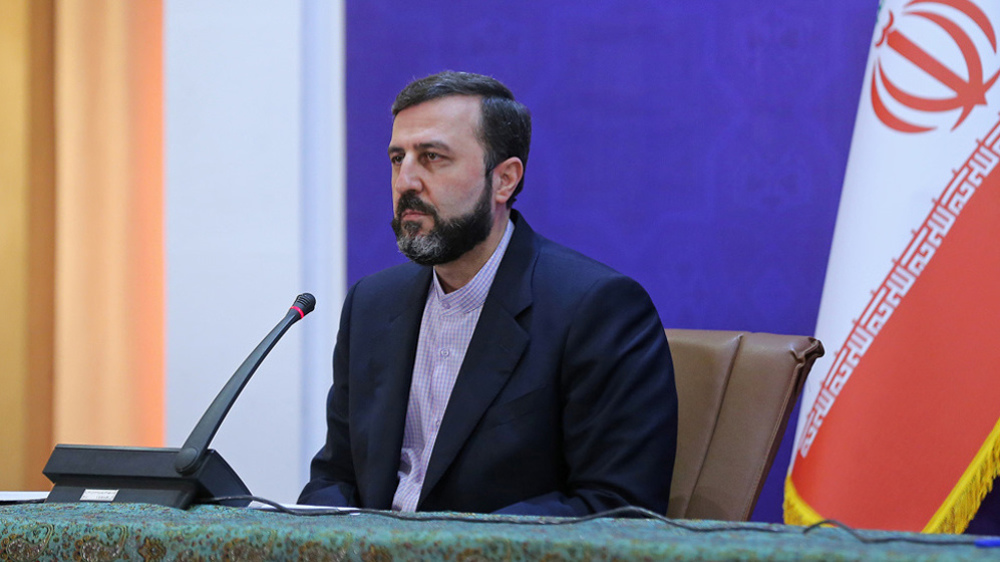
Uranium enrichment is Iran’s ‘red line’ in talks with US, says deputy foreign minister
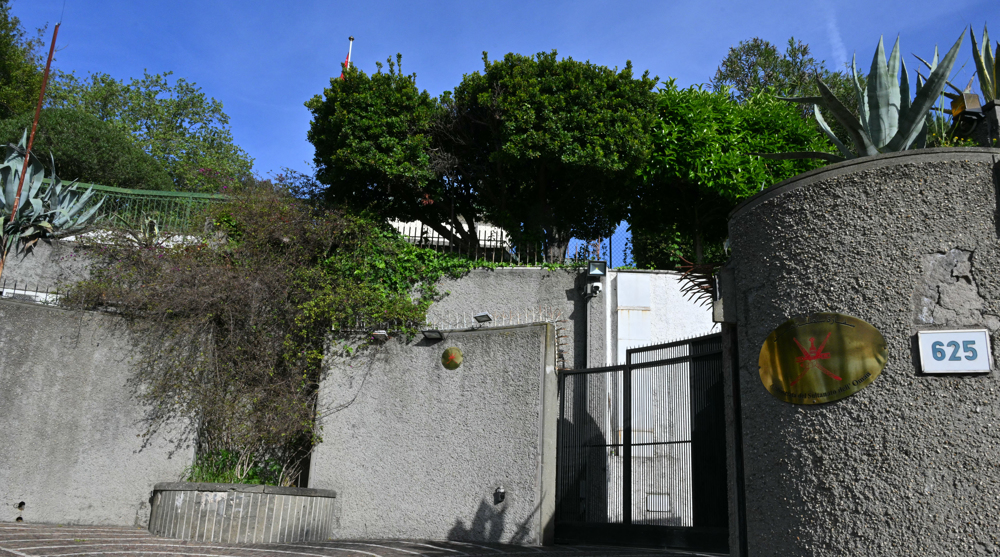
Iran insists on sanctions removal, nation's rights in talks with US
2025 World Press Photo: 9-year-old Palestinian amputee symbolizes Gaza's tragedy
Araghchi holds talks with counterparts as more countries support indirect Iran-US talks
Palestinian prisoner dies in Israeli jail due to deliberate medical negligence
China ‘firmly’ opposes countries making trade agreements with US at its expense
Israel 'hell-bent' on decimating Gaza’s health system: Hospital director
VIDEO | Demonstration called against military cargo ship arrival at Algeciras Port
Iranian Armed Forces achieve ‘most sophisticated’ defense technology: Military official
Israeli forces, settlers escalate West Bank raids, killings as more Palestinians displaced


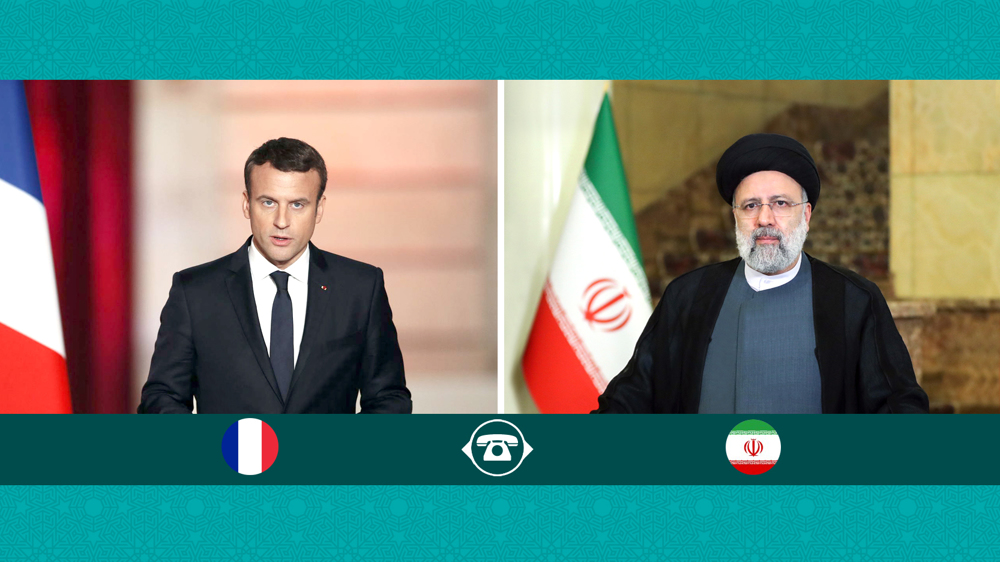
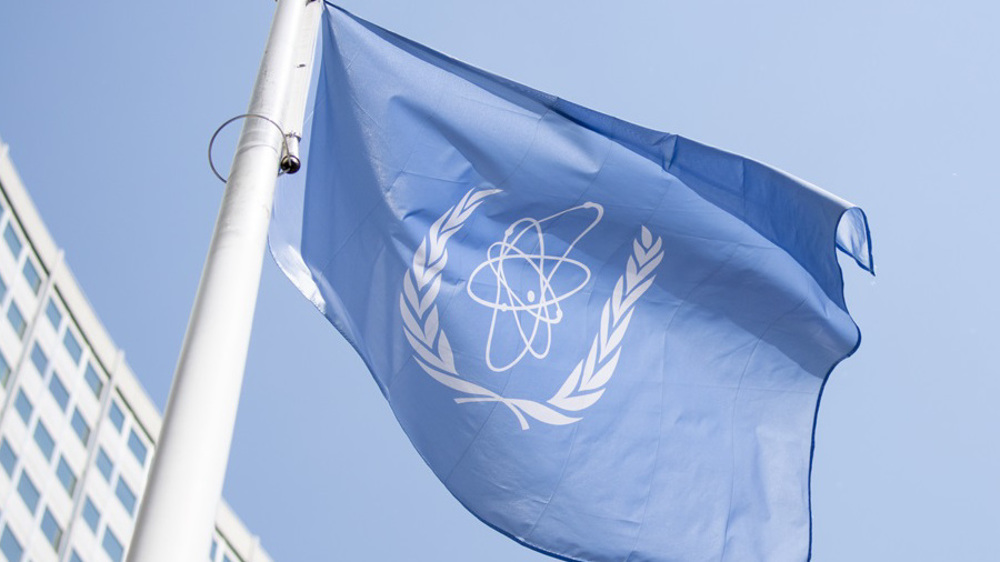
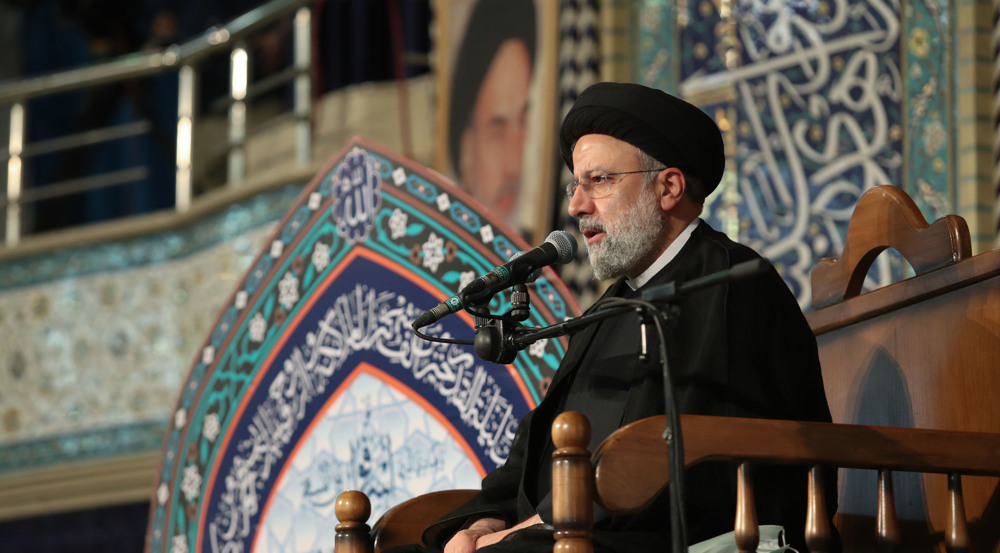




 This makes it easy to access the Press TV website
This makes it easy to access the Press TV website